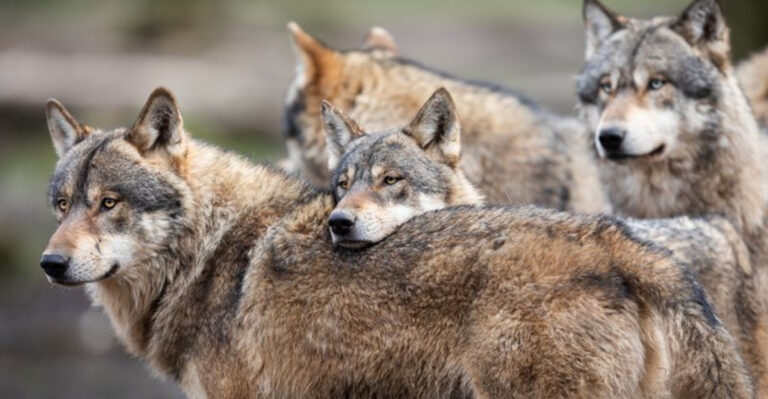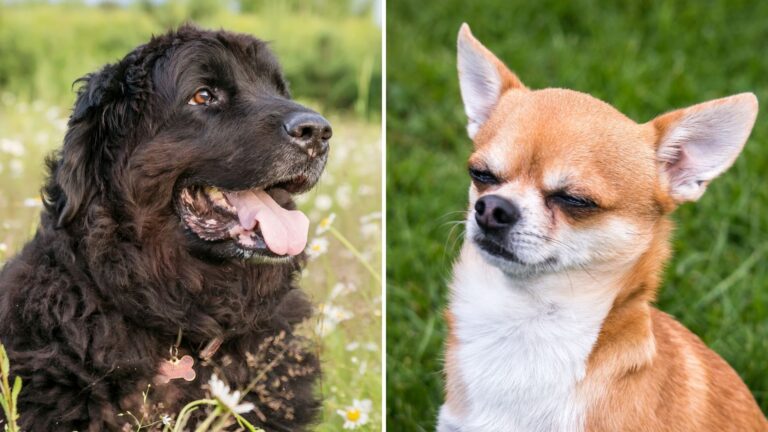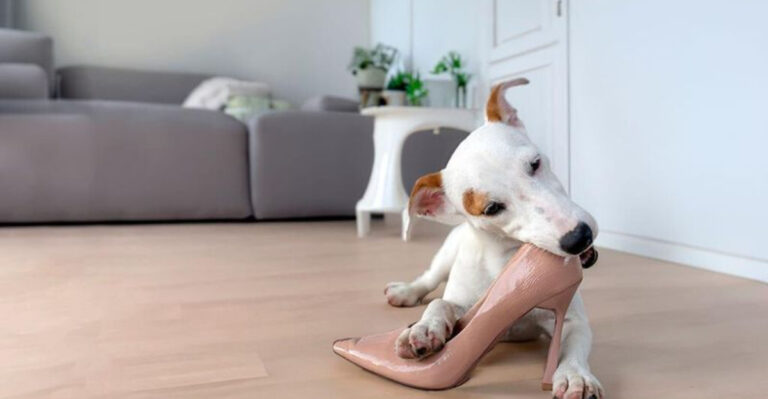15 Changes Cats Go Through With Age And How To Adapt
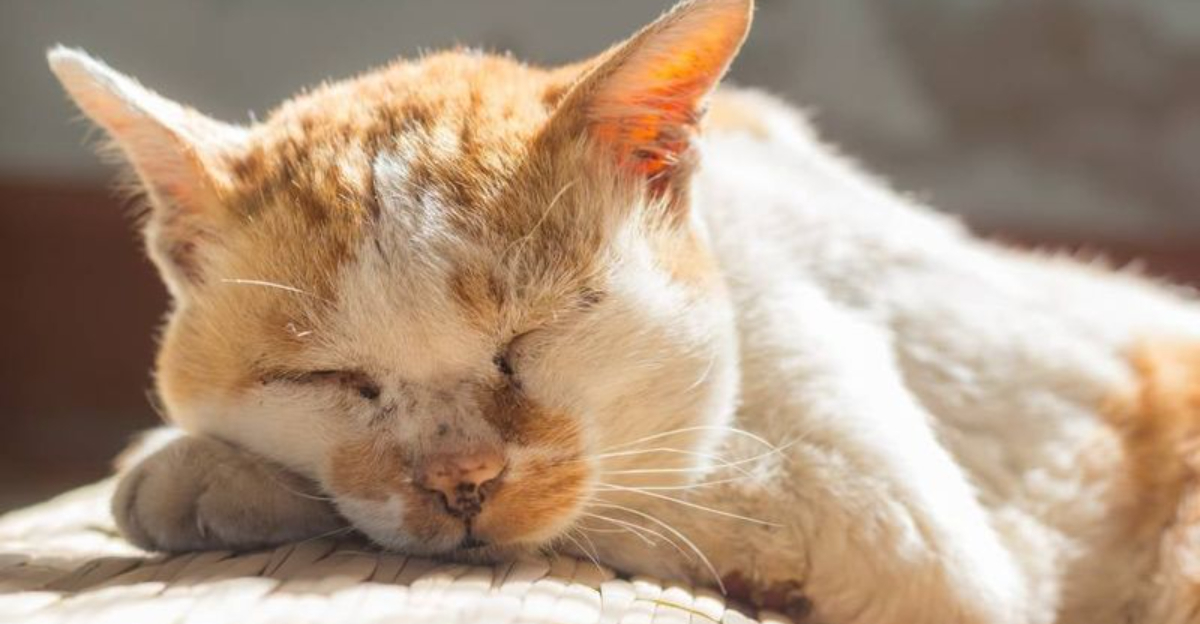
Our feline friends transform dramatically as they journey from playful kittens to dignified seniors. Just like humans, cats experience physical and behavioral shifts that require adjustments in how we care for them.
Understanding these age-related changes helps ensure your cat enjoys comfort and quality of life throughout their golden years.
1. Slowing Down: When Zoomies Become Snoozies
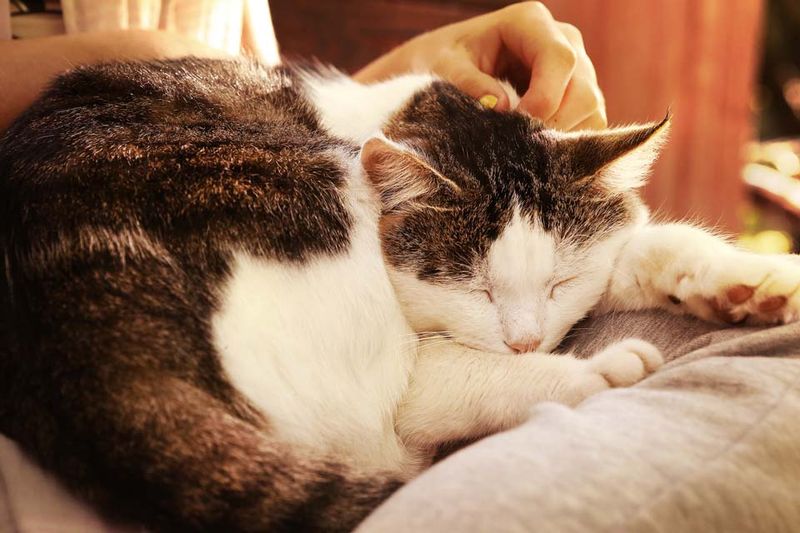
Remember those midnight sprints across your furniture? As cats age, their energy levels naturally decrease. You’ll notice fewer wild play sessions and more extended napping periods.
Create ground-level resting spots so your senior kitty doesn’t need to jump. Consider shorter but more frequent play sessions that accommodate their new pace while still providing mental stimulation.
2. Changing Appetites: Picky Eaters Emerge
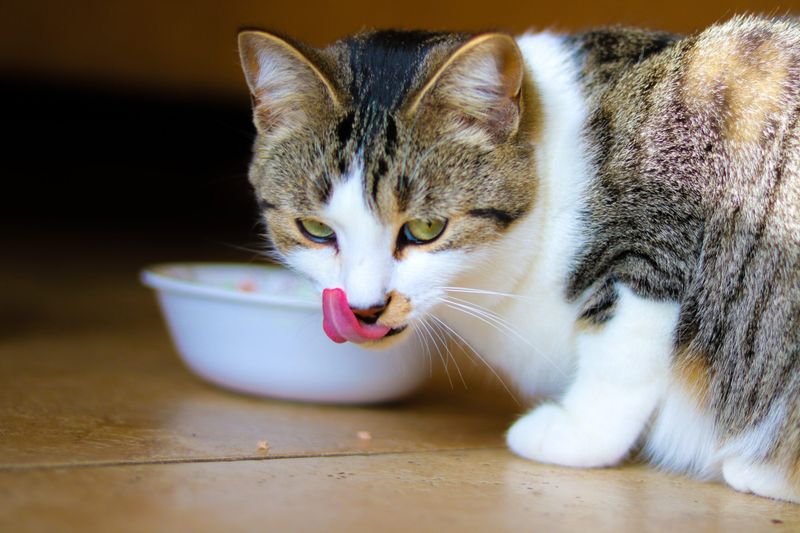
Suddenly turning up their nose at favorite foods? Aging cats often experience changes in taste and smell sensitivity, making mealtime challenging.
Warming food slightly can enhance aromas, making it more appealing. Consider switching to senior-specific formulas with adjusted nutrients. Multiple small meals throughout the day may be easier than two large ones.
3. Thinning Coats: When Fluff Fades
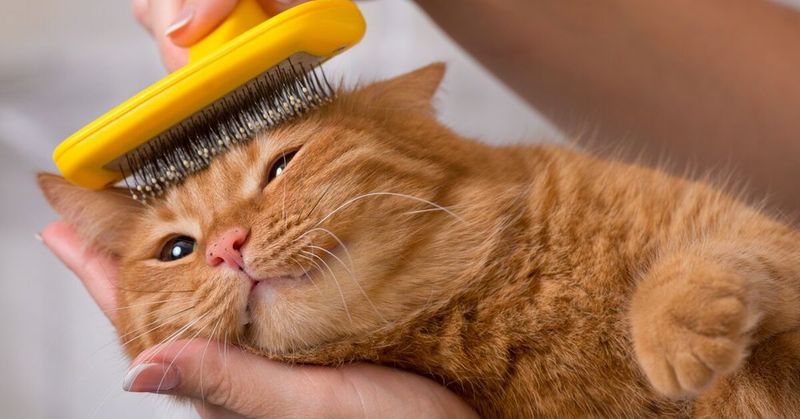
That once-luxurious coat might start looking patchy or dull. Aging skin produces less oil, and older cats often groom less effectively, leading to coat changes.
Gentle brushing becomes essential – aim for short daily sessions. Omega fatty acid supplements can improve coat health from within. Consider adding a humidifier in dry climates to prevent skin irritation.
4. Weight Fluctuations: The Scale Surprise
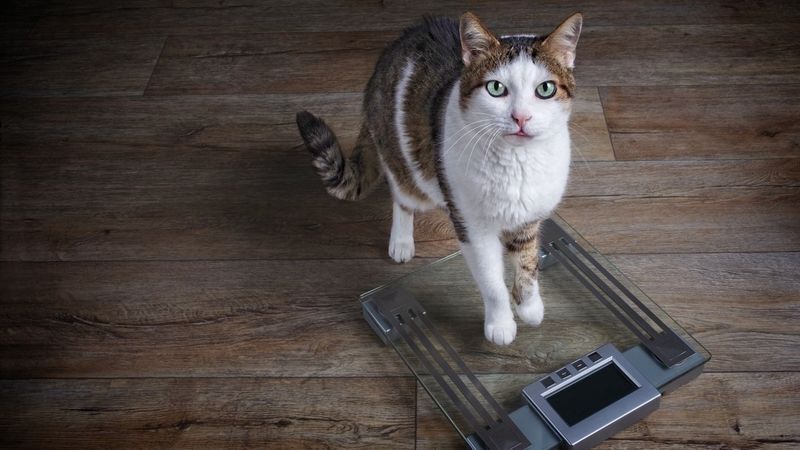
Weight changes often sneak up gradually. Some seniors shed pounds due to decreased muscle mass or underlying health issues. Others gain weight as metabolism slows and activity decreases.
Regular weigh-ins help catch changes early. Adjust portions accordingly and consider food puzzles to keep them moving while eating. Any sudden weight shifts warrant an immediate vet visit.
5. Joint Stiffness: The Morning Creakies
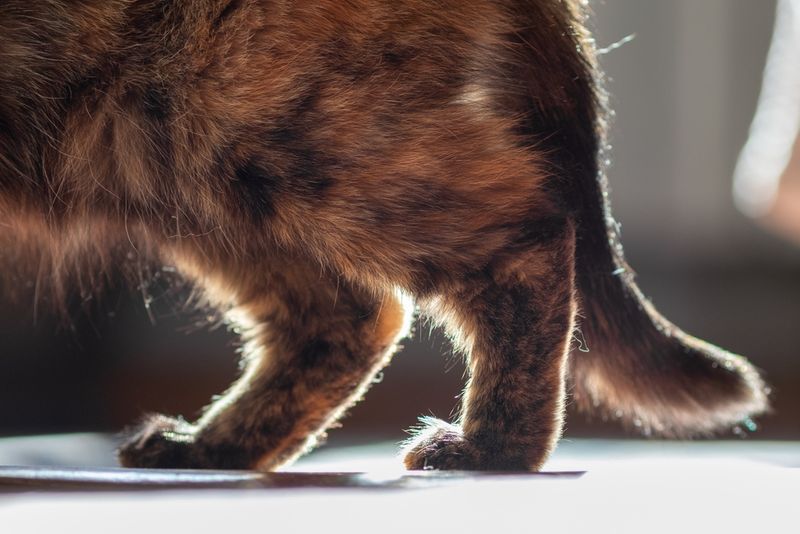
Those graceful leaps to high perches become hesitant or disappear entirely. Joint stiffness makes movement painful, especially after rest periods or in cold weather.
Ramps to favorite spots provide easier access. Orthopedic beds offer crucial joint support. Discuss supplements like glucosamine with your vet, and keep living spaces warm – older cats particularly appreciate heated beds during winter months.
6. Dental Deterioration: Beyond Bad Breath
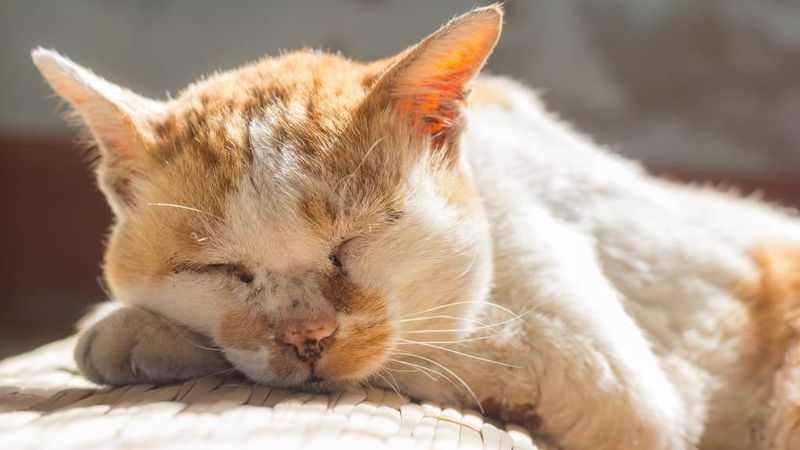
Tooth troubles become common territory for senior cats. Beyond just stinky breath, dental disease can cause pain, difficulty eating, and even affect internal organs.
Wet food makes eating easier when teeth hurt. Dental treats designed for older cats help reduce plaque. Some brave souls even manage toothbrushing with special feline toothpaste – start gradually if attempting this advanced maneuver!
7. Litter Box Challenges: Accidents Happen
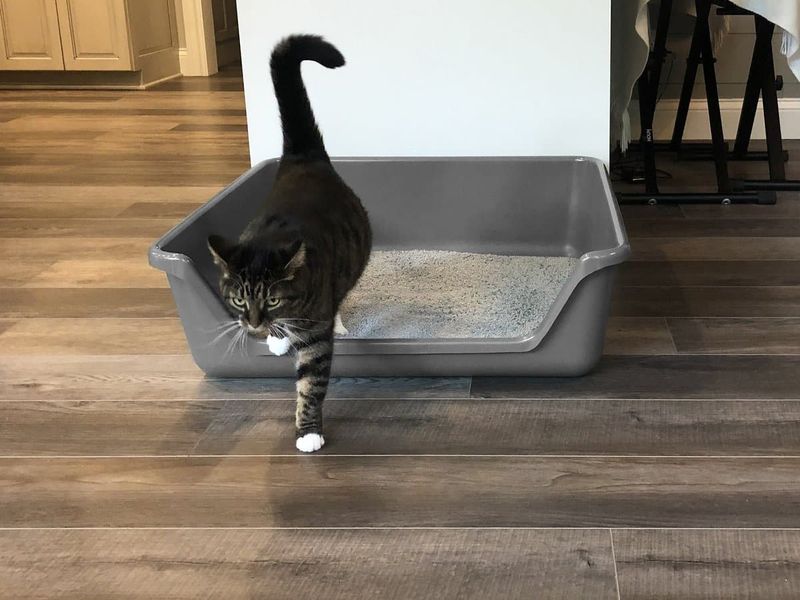
Finding surprises outside the box? Don’t scold – investigate! Mobility issues might make climbing into high-sided boxes difficult. Some seniors develop incontinence or medical conditions affecting elimination habits.
Low-entry litter boxes placed on every floor prevent painful stair climbing. More frequent cleaning helps compensate for their more sensitive noses. Multiple boxes throughout your home provide convenient options.
8. Vision Changes: Cloudy Eye Syndrome
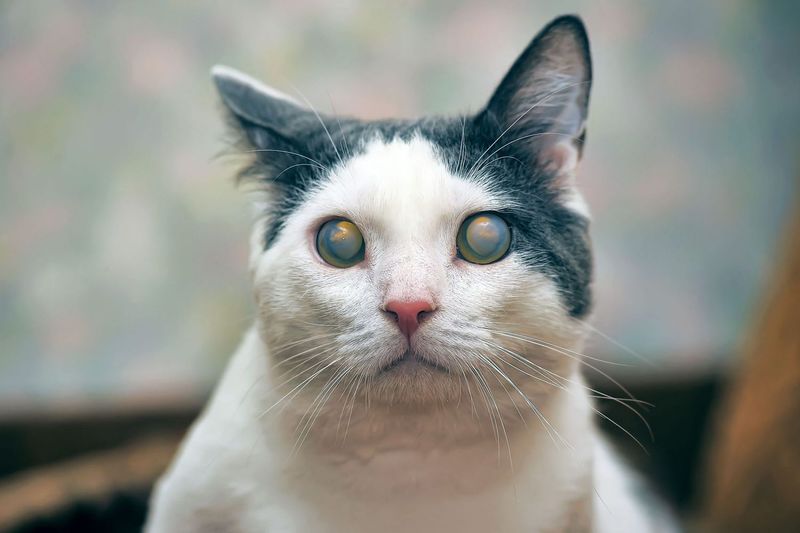
Notice your cat bumping into furniture or seeming startled when approached? Vision changes are common in aging felines. Cloudy eyes, dilated pupils, or apparent disorientation suggest seeing difficulties.
Keep furniture arrangements consistent – avoid rearranging rooms. Night lights help with navigation after dark. Use scent markers near food, water, and litter boxes as secondary navigation cues.
9. Increased Vocalization: Midnight Meowing
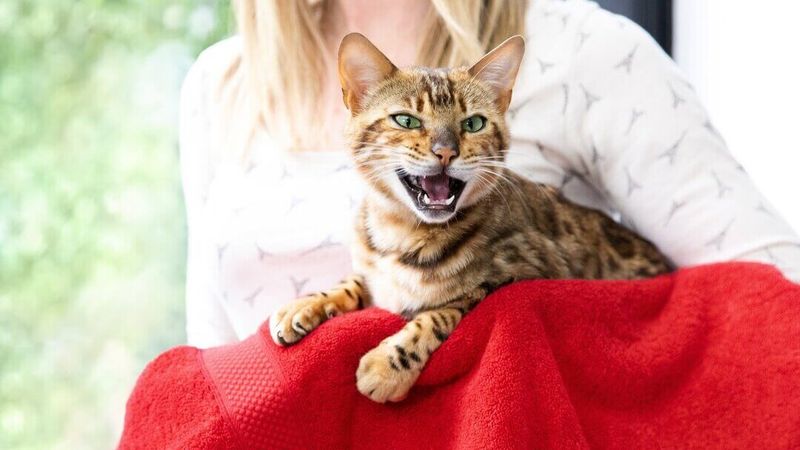
Sudden chattiness, especially at night, often accompanies aging. Cognitive changes, disorientation, or simply seeking reassurance can trigger these vocal symphonies.
Evening routines help reduce nighttime anxiety. A nightlight prevents disorientation in darkness. For persistent vocalization, discuss possible pain or thyroid issues with your veterinarian – sometimes increased meowing signals treatable conditions.
10. Altered Sleep Patterns: Cat Naps Evolve
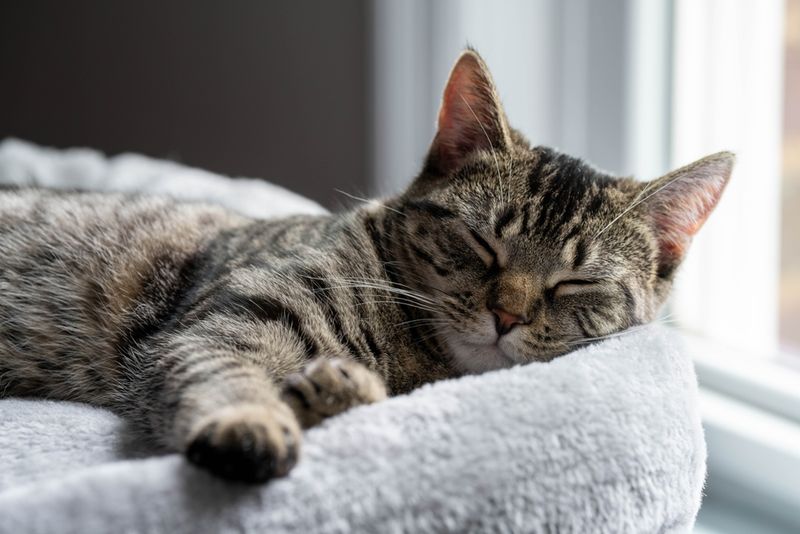
Your once-nocturnal ninja might flip their schedule entirely. Many senior cats experience disrupted sleep cycles, sleeping more during the day but becoming restless at night.
Engaging play before bedtime helps tire them out naturally. Comfortable, warm sleeping spots in quiet areas promote better rest. Some owners find success with calming pheromone diffusers to create a relaxing atmosphere.
11. Kidney Function Decline: Water Works Worries
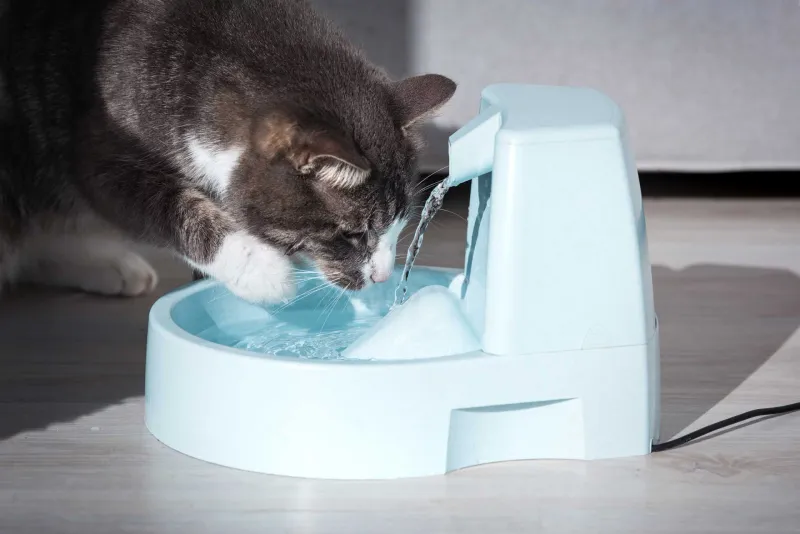
Increased thirst and urination often signal kidney changes – extremely common in senior cats. You might notice more trips to the water bowl or unusually soaked litter.
Multiple water stations throughout your home encourage hydration. Many cats prefer running water from fountains. Discuss specialized renal diets with your vet – these formulations support kidney function while reducing strain on these hardworking organs.
12. Grooming Lapses: When Baths Become Boring
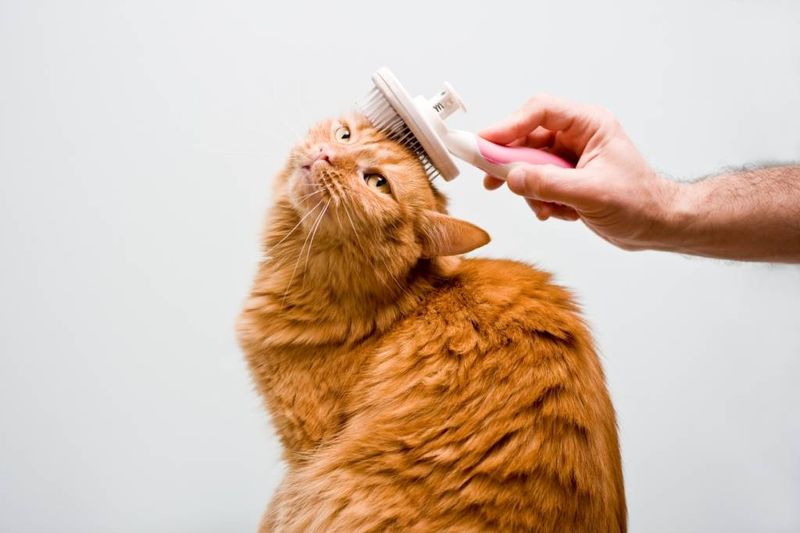
That meticulous self-cleaning routine might falter with age. Arthritis makes reaching certain areas difficult, while some seniors simply lose interest in grooming, leading to matted fur or skin issues.
Step in with gentle brushing sessions – most cats enjoy this bonding time. Pet wipes help clean hard-to-reach areas. For severe cases, professional grooming with senior-specific handling might be necessary.
13. Temperature Sensitivity: The Heat-Seeking Missile
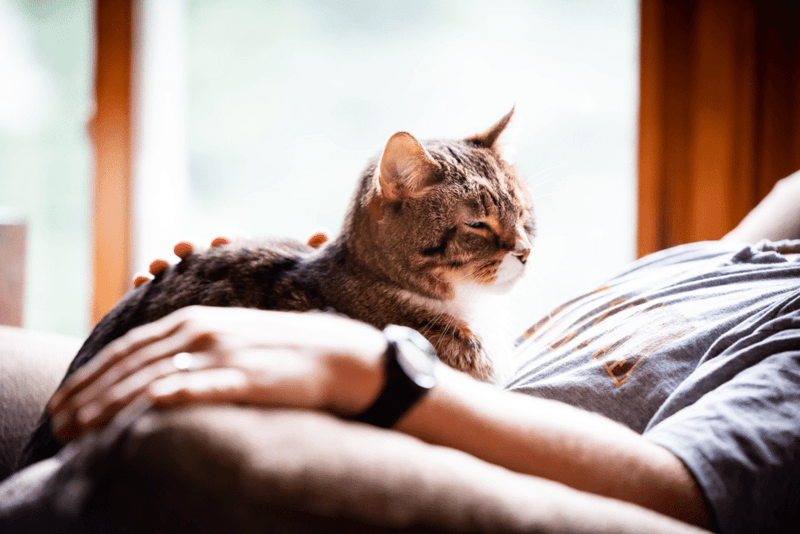
Finding your cat constantly curled against heating vents? Aging cats often struggle to regulate body temperature, becoming especially sensitive to cold.
Heated beds provide welcome comfort – look for pet-specific options with safety features. Sunny windowsills become prime real estate. Keep senior cats away from drafts and consider a lightweight jacket for particularly thin or hairless seniors during winter.
14. Cognitive Changes: Kitty Confusion
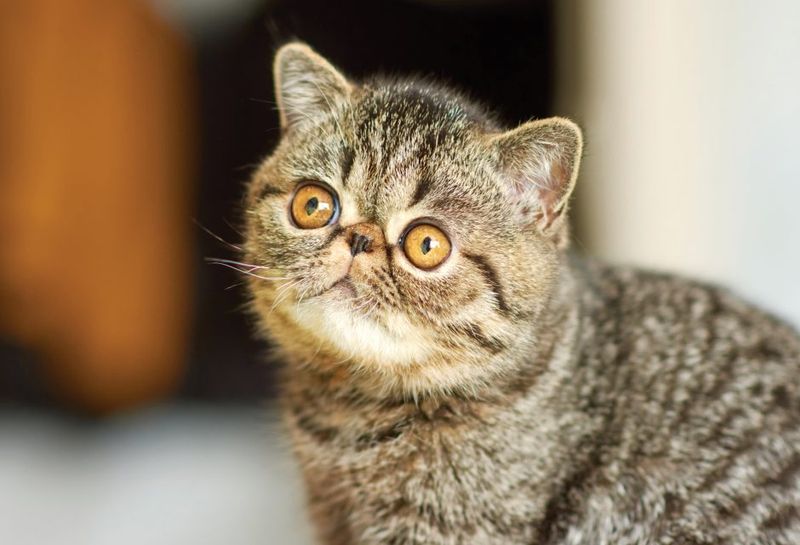
Staring at walls? Forgetting routines? Cognitive dysfunction syndrome affects many senior cats, similar to dementia in humans. You might notice disorientation, altered interactions, or unusual behaviors.
Consistent routines provide security and reduce anxiety. Environmental enrichment through puzzle toys keeps minds active. Some veterinarians recommend supplements specifically targeting brain health in aging pets.
15. Changing Relationships: New Bonds Form
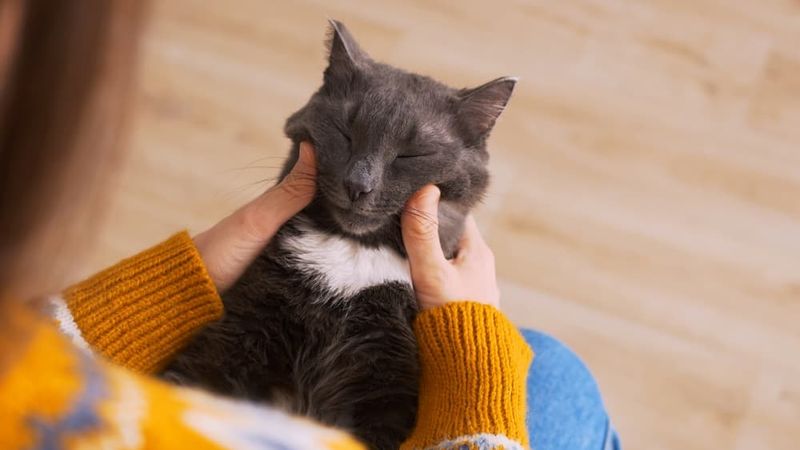
That aloof attitude might transform completely! Many aging cats become more affectionate and seek closer connections with their humans as they enter their senior years.
Welcome this new chapter by creating comfortable spots near your favorite seating areas. Some seniors appreciate gentle massage, which soothes achy joints while strengthening your bond. Treasure these golden years – they often bring unexpected emotional rewards.



